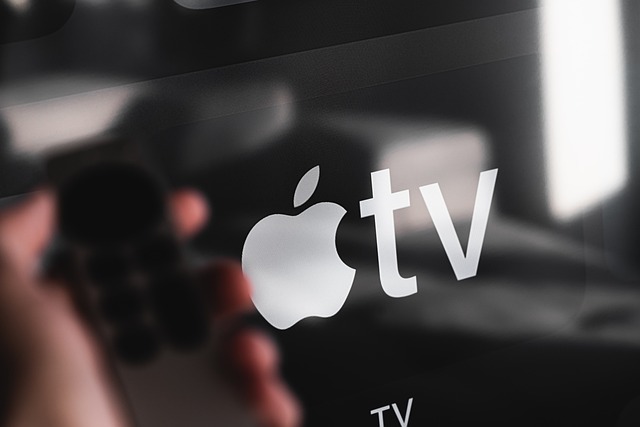Apple CEO Tim Cook promised that the company’s new Apple Intelligence AI tools would “supercharge” the iPhone 16 when it launched last month. Now, after a month on the market, we’re starting to see how these AI features have influenced iPhone sales.
For the three months ending in September, Apple reported iPhone sales of $46.2 billion, a 5.5% year-over-year increase, slightly surpassing analyst expectations. However, these numbers only reflect the first two weeks of iPhone 16 sales, which began with preorders on September 13 and the official launch on September 20. While this represents only a fraction of the iPhone 16’s expected total sales, it offers an early look at demand for a device Apple hopes will break its sales slump.
Apple has faced declining revenue for four consecutive quarters, largely due to weak iPhone demand and economic uncertainty. Some analysts believe the addition of Apple Intelligence, which brings AI-driven features to the iPhone 16, could be the key to sparking the sales boost the company is hoping for.
The reported iPhone sales include both iPhone 16 sales and older models, suggesting that the new device has provided a modest sales increase. In the same quarter last year, when the iPhone 15 launched, iPhone sales grew by just 2.8%.
This growth helped Apple increase its overall revenue by 6% year-over-year to $94.9 billion, slightly above expectations, though profits dropped 35% compared to the previous year.
During the earnings call, Cook highlighted the success of the Apple Intelligence update, stating that “iOS 18.1 has twice the adoption rate of iOS 17.1,” signaling strong interest from consumers.
Despite the positive sales growth, Apple shares (AAPL) fell by about 1% in after-hours trading following the report.
The report comes shortly after Apple introduced its first Apple Intelligence features for the iPhone 16 and iPhone 15 Pro models, including new writing tools and the ability to record, transcribe, and summarize calls. Early buyers of the iPhone 16, however, did not have access to these features until just recently.
The gradual release of new capabilities, with more expected in December with iOS 18.2, may have contributed to a lack of urgency for many customers to upgrade to the iPhone 16 right away.
Ahead of the earnings report, Wall Street analysts focused on early indicators of the iPhone 16’s performance and Apple’s fourth-quarter sales forecast, according to CFRA Research analyst Angelo Zino.
In a statement, Cook emphasized that Apple Intelligence “sets a new standard for privacy in AI” and would help “supercharge” the company’s lineup heading into the holiday season.
Investors were also keen to see how Apple performed in China, a crucial market for the company. Earlier this year, Apple reduced prices in China due to intense competition from local brands, but analysts hoped the iPhone 16 could drive a rebound in sales, despite some challenges with rolling out Apple Intelligence features there.
Sales in China were nearly flat year-over-year at just over $15 billion for the third quarter, falling short of analysts’ expectations of $16.1 billion, according to Refinitiv estimates.
Despite these results, many analysts were not overly concerned, as Apple’s most critical period is always the holiday season.
Wedbush analyst Dan Ives noted that approximately 300 million iPhones worldwide have not been upgraded in over four years, suggesting a strong potential for sales during the upcoming holiday season.
After Thursday’s report, Emarketer analyst Jacob Bourne said that while the phased rollout of Apple Intelligence could slow the momentum of device upgrades, the combination of strong services revenue and healthy iPhone 16 demand positions Apple well for the holiday season.


